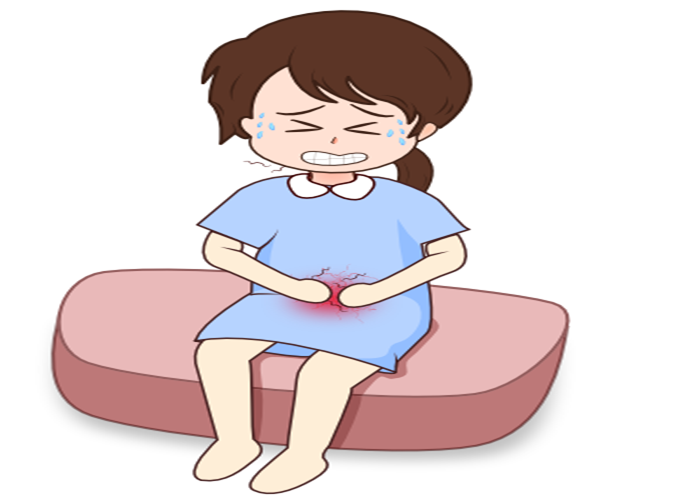After menopause, the ovaries, those once – vital reproductive organs, undergo significant changes that many women may not be fully aware of.
The Journal of Clinical Endocrinology & Metabolism is a well – respected journal that frequently publishes research related to hormonal changes and their effects on the body. Studies in this journal have explored the post – menopausal ovaries from a hormonal and physiological perspective. They have examined how the decline in estrogen and progesterone production is associated with the structural and functional changes in the ovaries. For example, research might involve using advanced imaging techniques to observe the size, shape, and tissue characteristics of post – menopausal ovaries and correlating these findings with hormonal levels and health outcomes.
During menopause, the ovaries gradually stop producing the hormones that have played crucial roles in a woman’s life. Estrogen and progesterone levels plummet. This hormonal shift is a defining feature of menopause. Once these hormones were responsible for regulating the menstrual cycle, maintaining pregnancy, and influencing a woman’s overall well – being. But now, with the ovaries reducing their hormonal output, a cascade of physical and emotional changes can occur throughout the body.
The ovaries themselves start to shrink in size. They become smaller and less active as the follicles, which were once the sites of egg development, stop maturing. These follicles, which used to number in the hundreds of thousands during a woman’s reproductive years, are now depleted. The ovaries may also change in texture, becoming more fibrotic as the tissue remodels itself in response to the new hormonal environment.
The changes in the ovaries have implications beyond just reproductive health. The decrease in estrogen, for example, can lead to bone density loss. Osteoporosis becomes a more significant concern as the ovaries no longer provide the hormonal support that helps keep bones strong. Additionally, there can be changes in cardiovascular health. Estrogen has a protective effect on the heart, and without its normal levels, the risk of heart disease may increase. Skin health can also be affected. Estrogen helps maintain the skin’s elasticity and moisture, so as its levels decline, the skin may become drier and more prone to wrinkling.
In the long term, the post – menopause state of the ovaries can influence a woman’s quality of life. Vaginal dryness and atrophy can occur due to the lack of estrogen, which can cause discomfort during sexual intercourse and increase the risk of urinary tract infections. Mood changes, such as increased irritability or depression, can also be associated with the ovarian changes during and after menopause. Cognitive function may be impacted as well, with some studies suggesting a possible link between the decline in ovarian hormones and an increased risk of cognitive decline or dementia in later years.
In conclusion, the changes that the ovaries experience after menopause are far – reaching. Understanding these processes can help women better prepare for and manage the physical and emotional challenges that come with this new stage of life. It’s important for women to stay informed and work with their healthcare providers to address any concerns related to post – menopause health.
Read more
- Menopause: What To Expect During This Transformative Phase
- FDA Moves To Eliminate Ineffective Cold & Allergy Medicine Ingredient
- Unraveling The Mystery: What Causes A Stuffy Nose In Newborns


